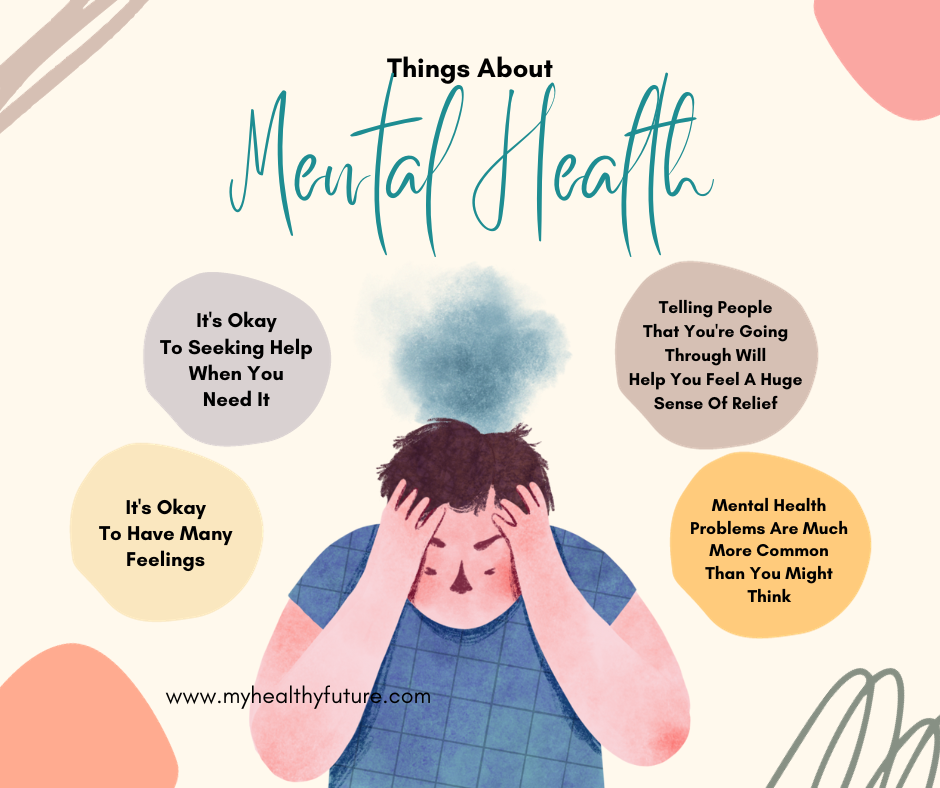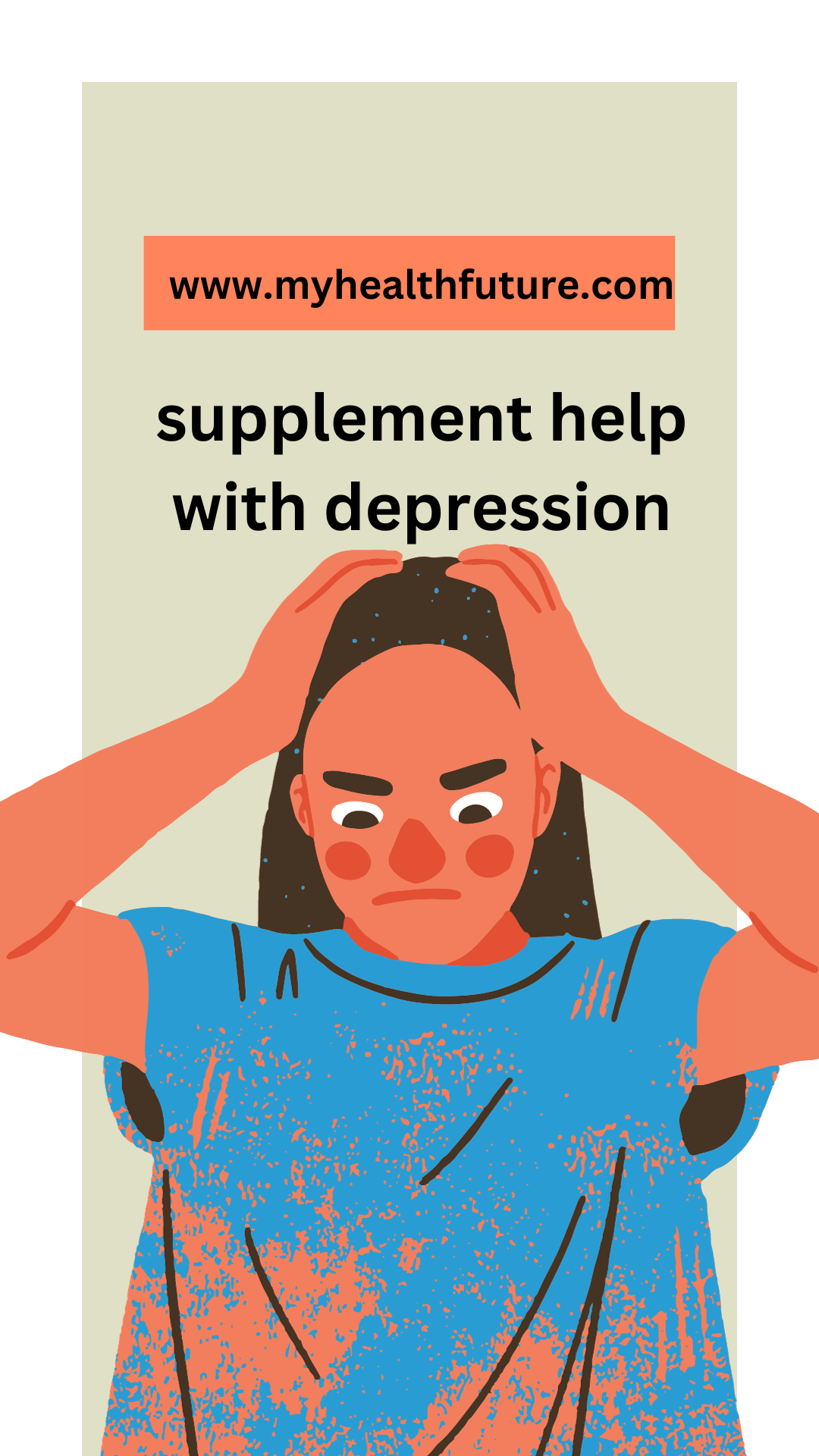Table of Contents
Introduction
Understanding Depression
2.1 What is Depression?
2.2 Causes and Risk Factors
The Role of Nutrition in Mental Health
3.1 Nutrient Deficiencies and Depression
3.2 How Supplements Can Fill the Gap
Key Supplements for Depression
4.1 Omega-3 Fatty Acids
4.2 Vitamin D
4.3 B Vitamins
4.4 Probiotics
4.5 Magnesium
Scientific Evidence and Studies
Incorporating Supplements into Your Routine
6.1 Consultation with Healthcare Professionals
6.2 Recommended Dosages
6.3 Possible Interactions
Frequently Asked Questions (FAQs)
7.1 Can supplements replace medication for depression?
7.2 How long does it take for supplements to show results?
7.3 Are there any side effects of using supplements for depression?
Real-Life Success Stories
Conclusion
Additional Resources
1. Introduction
Depression, a prevalent mental health condition, affects millions worldwide. In recent years, there has been growing interest in the role of supplements in managing depression. This blog explores the connection between supplements and depression, shedding light on the potential benefits and considerations.
2. Understanding Depression
2.1 What is Depression?
Depression is more than just feeling sad; it’s a complex mental health disorder characterized by persistent feelings of sadness, hopelessness, and a lack of interest in daily activities.

2.2 Causes and Risk Factors
Unraveling the various causes and risk factors contributing to depression is crucial for effective management.
3. The Role of Nutrition in Mental Health
3.1 Nutrient Deficiencies and Depression
Research suggests a link between nutritional deficiencies and the onset or exacerbation of depression symptoms.
3.2 How Supplements Can Fill the Gap
Supplements offer a convenient way to address nutrient gaps that may contribute to depressive symptoms.
4. Key Supplements for Depression
Explore the potential benefits of specific supplements known for their positive impact on mental health.
4.1 Omega-3 Fatty Acids
Omega-3s, found in fish oil and flaxseed, have shown promise in alleviating depressive symptoms.
4.2 Vitamin D
The “sunshine vitamin” plays a crucial role in mood regulation, and supplementation may be beneficial for those with low levels.
4.3 B Vitamins
B vitamins, including B6, B9 (folate), and B12, are essential for brain function and may influence mood.
4.4 Probiotics
The gut-brain connection suggests a link between gut health and mental well-being, making probiotics a potential ally against depression.
4.5 Magnesium
This essential mineral is involved in various biochemical reactions, and its deficiency has been associated with depressive symptoms.
5. Scientific Evidence and Studies
Explore notable studies that provide insights into the effectiveness of supplements in managing depression.
6. Incorporating Supplements into Your Routine
Navigate the practical aspects of integrating supplements into your daily life.
6.1 Consultation with Healthcare Professionals
Before starting any supplement regimen, consult with healthcare professionals to ensure compatibility with your overall health.
6.2 Recommended Dosages
Learn about recommended dosages to maximize benefits while minimizing potential risks.
6.3 Possible Interactions
Be aware of potential interactions between supplements and medications to ensure your safety.
7. Frequently Asked Questions (FAQs)
Understanding Depression
2.1 What is Depression?
2.2 Causes and Risk Factors
The Role of Nutrition in Mental Health
3.1 Nutrient Deficiencies and Depression
3.2 How Supplements Can Fill the Gap
Key Supplements for Depression
4.1 Omega-3 Fatty Acids
4.2 Vitamin D
4.3 B Vitamins
4.4 Probiotics
4.5 Magnesium
Scientific Evidence and Studies
Incorporating Supplements into Your Routine
6.1 Consultation with Healthcare Professionals
6.2 Recommended Dosages
6.3 Possible Interactions
Frequently Asked Questions (FAQs)
7.1 Can supplements replace medication for depression?
7.2 How long does it take for supplements to show results?
7.3 Are there any side effects of using supplements for depression?
7.4 Should I continue taking prescribed medication while using supplements?
7.5 Can supplements be used preventively for depression?
Real-Life Success Stories
7. Frequently Asked Questions (FAQs)
7.1 Can supplements replace medication for depression?
Supplements are not intended to replace prescribed medications. Consult with your healthcare provider to discuss the incorporation of supplements into your treatment plan.
7.2 How long does it take for supplements to show results?
The timeline for seeing results varies. Some may experience changes in a few weeks, while others may require more time. Consistency in usage and individual differences play a role.
7.3 Are there any side effects of using supplements for depression?
While supplements generally have fewer side effects than medications, it’s crucial to be aware of potential interactions or adverse effects. Consult with a healthcare professional for personalized advice.
7.4 Should I continue taking prescribed medication while using supplements?
Always consult with your healthcare provider before making any changes to your medication regimen. They can provide guidance on incorporating supplements safely.
7.5 Can supplements be used preventively for depression?
Using supplements preventively should be approached with caution. Consult with a healthcare professional to determine if this is a suitable option based on your individual health needs and risk factors.
Answering common queries about using supplements for depression.

7.1 Can supplements replace medication for depression?
7.2 How long does it take for supplements to show results?
7.3 Are there any side effects of using supplements for depression?
8. Real-Life Success Stories
Discover inspiring stories of individuals who have found relief from depression through supplement interventions.
9. Conclusion
Summarize key points, emphasizing the potential of supplements as a complementary approach to managing depression.
10. Additional Resources
Provide readers with additional sources for further exploration and understanding.
This comprehensive blog aims to guide readers through the nuanced relationship between supplements and depression, offering valuable insights for those seeking holistic approaches to mental health.
9. Conclusion
As we navigate the complex landscape of mental health, the potential role of supplements in alleviating depression shines as a beacon of hope. This journey through the realms of nutrition, scientific evidence, and real-life stories underscores the nuanced interplay between our body and mind.
Understanding depression as a multifaceted challenge allowed us to explore the potential causes and risk factors that contribute to its grip on individuals. The revelation of the link between nutrient deficiencies and mental health highlights the significance of a holistic approach to well-being.
Key supplements, such as Omega-3 Fatty Acids, Vitamin D, B Vitamins, Probiotics, and Magnesium, offer targeted support in addressing nutritional gaps that may exacerbate depressive symptoms. Scientific studies reinforce the promising connection between these supplements and improved mental health.
Incorporating supplements into one’s routine demands a nuanced approach, necessitating consultation with healthcare professionals to ensure tailored recommendations. Understanding recommended dosages and potential interactions adds an extra layer of safety and effectiveness to the supplement journey.
The Frequently Asked Questions section aims to dispel common uncertainties, empowering individuals to make informed decisions about integrating supplements into their mental health strategies. Real-life success stories serve as testimonials to the potential impact these supplements can have on one’s well-being.
In conclusion, while supplements offer a promising adjunct to traditional depression treatments, they are not a one-size-fits-all solution. The path to mental wellness is unique for each individual, and a comprehensive approach that includes professional guidance, lifestyle adjustments, and, where appropriate, supplement integration, may hold the key to unlocking a brighter, more resilient mental state.
As we close this exploration, let it be a reminder that the journey towards mental well-being is an ongoing process. Armed with knowledge, personalized strategies, and a supportive community, individuals can take significant steps toward overcoming the shadows of depression and embracing a more vibrant and fulfilling life.